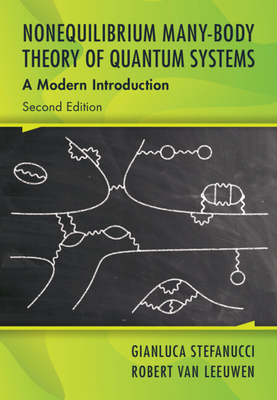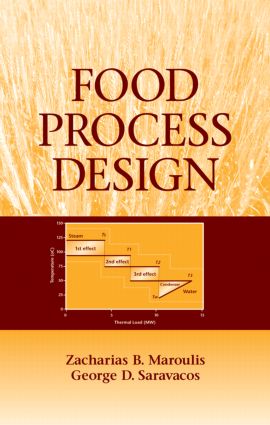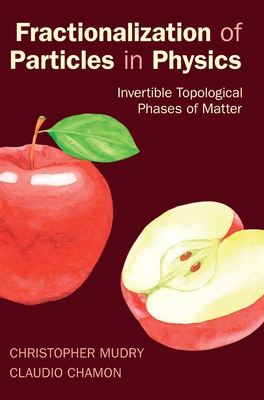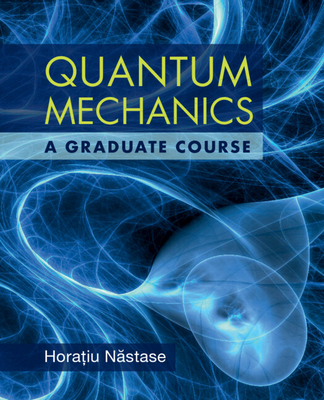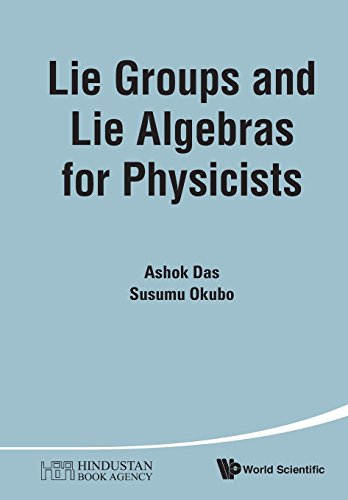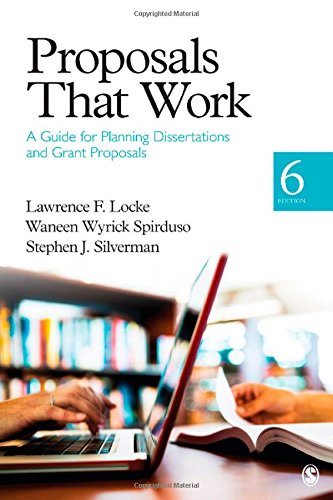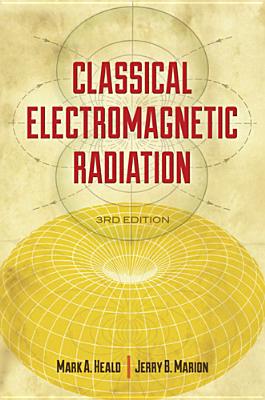图书简介
This volume presents discussions on a wide range of topics focused on eco-phenomenology and the interdisciplinary investigation of contemporary environmental thought. Starting out with a Tymieniecka Memorial chapter, the book continues with papers on the foundations, theories, readings and philosophical sources of eco-phenomenology. In addition, it examines issues of phenomenological anthropology, ecological perspectives of the human relationship to nature, and phenomenology of the living body and the virtual body. Furthermore, the volume engages in a dialogue with contemporary behavioral sciences on topics such as eco-alienation, sustainability, and the human relationship to the earth in the context of the cosmos.
Part I: A-T. Tymieniecka Memorial.- Chapter 1. The Symphony of Sentience, in Cosmos and Life: In Memoriam Anna-Teresa Tymieniecka (Olga Louchakova-Schwartz).- Part II: Introduction to the Topics.- Chapter 2. World Phenomenology Institute’s Eco-Phenomenology (Daniela Verducci).- Chapter 3. Metaphysics and Eco-Phenomenology Aiming at Harmony of Human Life with Cosmos (Francesco Totaro).- Chapter 4. Ontopoiesis of Life as Eco-Phenomenology (Carmen Cozma).- Part III: Seeds of Eco-Phenomenology.- Chapter 5. Some Questions about Idealism and Realism in the Structure of Husserlian Phenomenology (Dario Sacchi).- Chapter 6. An Insight into the Foundations of Eco-Phenomenology (Massimo Marassi).- Chapter 7. Eco-Phenomenology: Philosophical Sources and Main Concepts (Maija K?le).- Chapter 8. The Origin Paradox: How Could Life Emerge from Nonlife? (Ion Soteropoulos).- Chapter 9. Cosmic Harmony, Emergence of Life and of Human Consciousness (Mamuka Dolidze).- Chapter 10. The Fundamental Biofriendly Activity of the Universe (Attila Grandpierre).- Part IV: Cosmos, Nature and Culture.- Chapter 11. Welt. At the Origins of Eco-Phenomenology: Heidegger’s Concept of “World” in the Work of Anna-Teresa Tymieniecka (Stefano Veluti).- Chapter 12. Logos of Life and Logos of Science. Metaphysical Advice (Gianfranco Bosio).- Part V: Eco-Cosmology.- Chapter 13. Life and Human Life in the System of World Coordinates on the Basis of Extreme Dynamic Equilibriums (Nikolay N. Kozhevnikov and Vera S. Danilova).- Chapter 14. Eco-Phenomenological Vision: Balancing the Harmony of the Earth (Debika Saha).- Chapter 15. On the Two Versions of Phenomenological Transgressions – Anna-Teresa Tymieniecka and Jean Paul Sartre (Piotr Mróz).- Chapter 16. From Anna-Teresa Tymieniecka’s Eco-Phenomenology to Paul Ricoeur’s Hermeneutics. The Role of the Human Being in the Global Context of Cosmos, Chaos and Evil (Maria Avelina Cecilia Lafuente).- Chapter 17. Ego: The Cross Point of Divine Illumination and Social Reality (Konul Bunyadzade).- Part VI: Eco-Ethics and Environmental Theories.- Chapter 18. Phenomenology as Ecology: Movement from Ego- to Geo- and Eco-Thinking (Ella Buceniece).- Chapter 19. Cultural Sustainability: Reflection Lines for a Human Life in the Harmony of the Cosmos (Alessandra Lucaioli).- Chapter 20. The Geology of Movement. The Earth and the Dynamic of Phenomenalisation in Merleau-Ponty and Pato?ka (Renato Boccali).- Part VII: Eco-Phenomenological Readings.- Chapter 21. Sowing “A Quilt of Harmony:” An Eco-Phenomenological Reading of Ben Okri’s “Lines in Potentis” from Wild (2012) (Rosemary Gray).- Chapter 22. “Song of the Earth”: An Eco-Phenomenology (Kimiyo Murata-Soraci).- Chapter 23. Eco-Phenomenology of Scientific Activity as Non-Routinized Routine: Stefan Banach’s Café Method of Research and its Contemporary Continuation (Bronis?aw Bomba?a).- Chapter 24. Sartre on Marx and Freud: A Phenomenological Dialectic of Universal Singulars and Singular Universals (Raymond Langley).- Chapter 25. Eco-Phenomenology: The Japan Original Perspective in the Thought of Nishida Kitaro (Valentina Carella).- Chapter 26. “Negative Seeing:” Robert Smithson, Earth Art, and the Eco-Phenomenology of “Mirror Displacements” (Ming-Qian Ma).- Chapter 27. Transcendental Philosophy of Krishnachandra: An Indian Approach to Human Life (Koushik Joardar).- Part VIII: Eco-Phenomenology: Language and Sentience.- Chapter 28. The Language That (In)habits Us (Antonio Dominguez Rey).- Chapter 29. Small Talk with a Grape Vine, Presence and the Sensuous Depth of Being (Lena Hopsch).- Chapter 30. Phenomenological Elucidations Carried out by Constructing a Phenomenological Language (Erkut Sezgin).- Part IX: Human Openness and Post-Human Cosmicity.- Chapter 31. Animal Being Means Desiring: Subjectivity, Singularity, Diversity in the Post-Human Life (Roberto Marchesini).- Chapter 32. Human Condition, Nature, Power and Creativity. Philosophical Anthropology and Eco-Phenomenology in the Context of Biopolitics (Massimo Mezzanzanica).- Chapter 33. Henryk Skolimowski’s Eco-Philosophy as a Project of Living Philosophy (Anna Ma?ecka and Katarzyna Stark).- Part X: Ecology of Human Mind and Human Relations.- Chapter 34. Experience of the City: An Eco-Phenomenological Perspective (Velga Vevere).- Chapter 35. Holographic Memory of Life Situation (Salahaddin Khalilov).- Chapter 36. The Chronotopic Content of the Esoterism and the Models of Thought (Sadaqat M. Aliyeva).- Chapter 37. The Phenomenon of Human Intellect and its Place in the Cosmos Through the Vision of Arabic Philosopher Avempace (Pierpaolo Grezzi).- Chapter 38. Eco-Phenomenology of the Human Environment: The Case of Intercultural Dialogue (Angela Ales Bello).- Chapter 39. Digital Reason vs. Modern “Metamorphosis of Man:” From Philosophical Anthropology of Józef Ba?ka and Anna-Teresa Tymieniecka (Jan Szmyd).- Part XI: Flesh, Body, Embodiment / Space and Time.- Chapter 40. From the Archeology of Happenings … the Matter of Corporeality (Aleksandra Pawliszyn).- Chapter 41. Multi-Layered Time and the Unity of the Unfolding Logos of Life (Kamil ?acina).- Chapter 42. The Question of (Al)Location (Carla Danani).- Part XII: Eco-Aesthetics, Education and Psychology.- Chapter 43. The Concept of Life in Ludwig Binswanger’s Phenomenological Psychopathology (Anna Piazza).- Chapter 44. Meaningless Life: The Role of Clinical Phenomenology in Understanding the “Being in the World” of Psychiatric Patients (Giulio Lo Bello).- Chapter 45. Auditory Phenomena and Human Life: Phenomenological Experience (Ineta Kivle).- Chapter 46. Phenomenology of Virtual Body. An Introduction (Roberto Diodato).- Chapter 47. An Ecological Perspective of Helping Relationship (Antonio De Luca).- Chapter 48. Phenomenology after Conceptual Art (Andrew Chesher).
Trade Policy 买家须知
- 关于产品:
- ● 正版保障:本网站隶属于中国国际图书贸易集团公司,确保所有图书都是100%正版。
- ● 环保纸张:进口图书大多使用的都是环保轻型张,颜色偏黄,重量比较轻。
- ● 毛边版:即书翻页的地方,故意做成了参差不齐的样子,一般为精装版,更具收藏价值。
关于退换货:- 由于预订产品的特殊性,采购订单正式发订后,买方不得无故取消全部或部分产品的订购。
- 由于进口图书的特殊性,发生以下情况的,请直接拒收货物,由快递返回:
- ● 外包装破损/发错货/少发货/图书外观破损/图书配件不全(例如:光盘等)
并请在工作日通过电话400-008-1110联系我们。
- 签收后,如发生以下情况,请在签收后的5个工作日内联系客服办理退换货:
- ● 缺页/错页/错印/脱线
关于发货时间:- 一般情况下:
- ●【现货】 下单后48小时内由北京(库房)发出快递。
- ●【预订】【预售】下单后国外发货,到货时间预计5-8周左右,店铺默认中通快递,如需顺丰快递邮费到付。
- ● 需要开具发票的客户,发货时间可能在上述基础上再延后1-2个工作日(紧急发票需求,请联系010-68433105/3213);
- ● 如遇其他特殊原因,对发货时间有影响的,我们会第一时间在网站公告,敬请留意。
关于到货时间:- 由于进口图书入境入库后,都是委托第三方快递发货,所以我们只能保证在规定时间内发出,但无法为您保证确切的到货时间。
- ● 主要城市一般2-4天
- ● 偏远地区一般4-7天
关于接听咨询电话的时间:- 010-68433105/3213正常接听咨询电话的时间为:周一至周五上午8:30~下午5:00,周六、日及法定节假日休息,将无法接听来电,敬请谅解。
- 其它时间您也可以通过邮件联系我们:customer@readgo.cn,工作日会优先处理。
关于快递:- ● 已付款订单:主要由中通、宅急送负责派送,订单进度查询请拨打010-68433105/3213。
本书暂无推荐
本书暂无推荐

